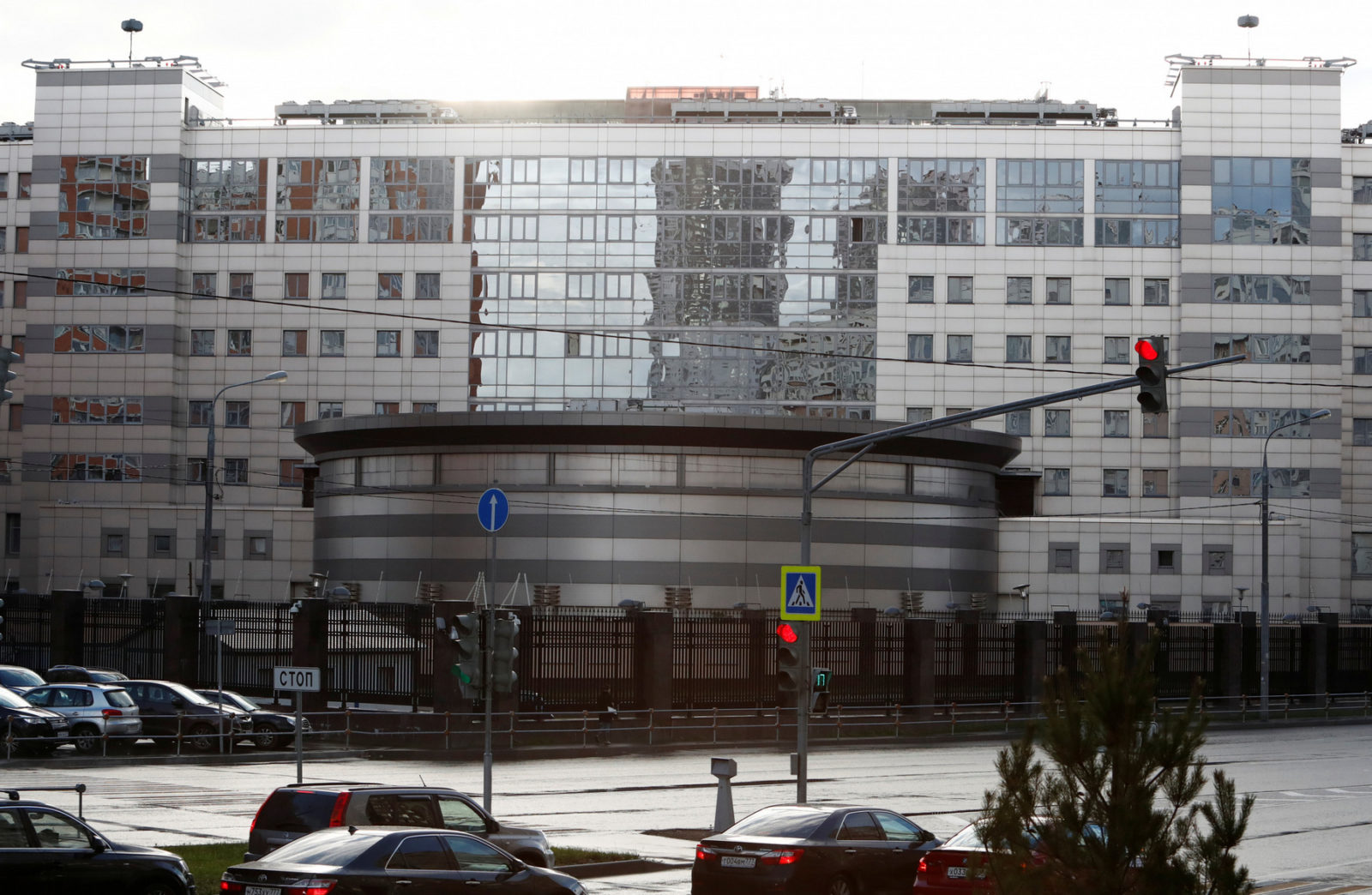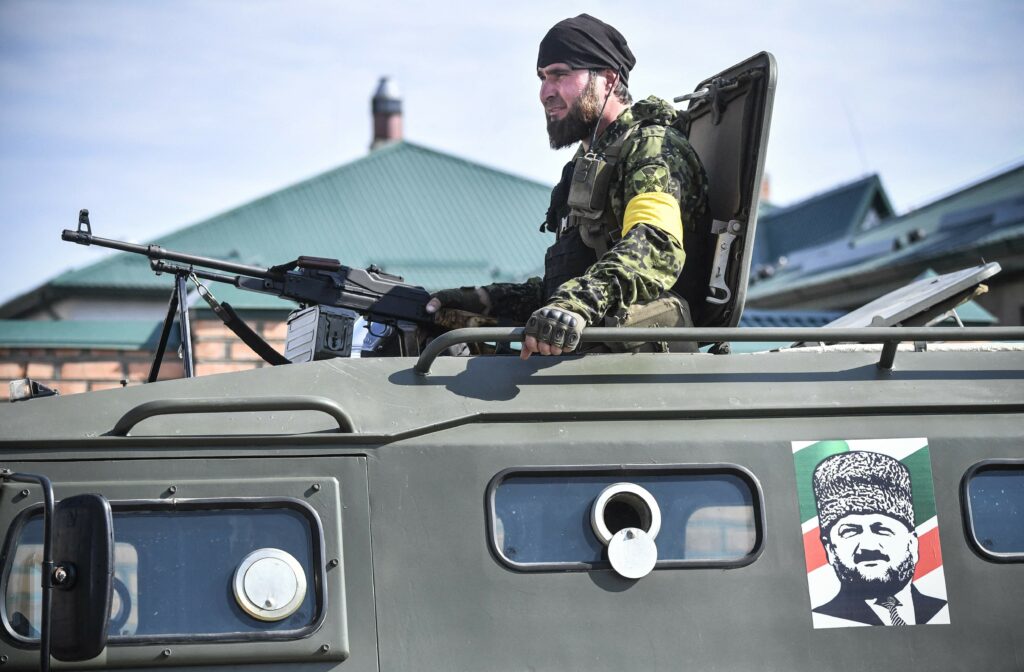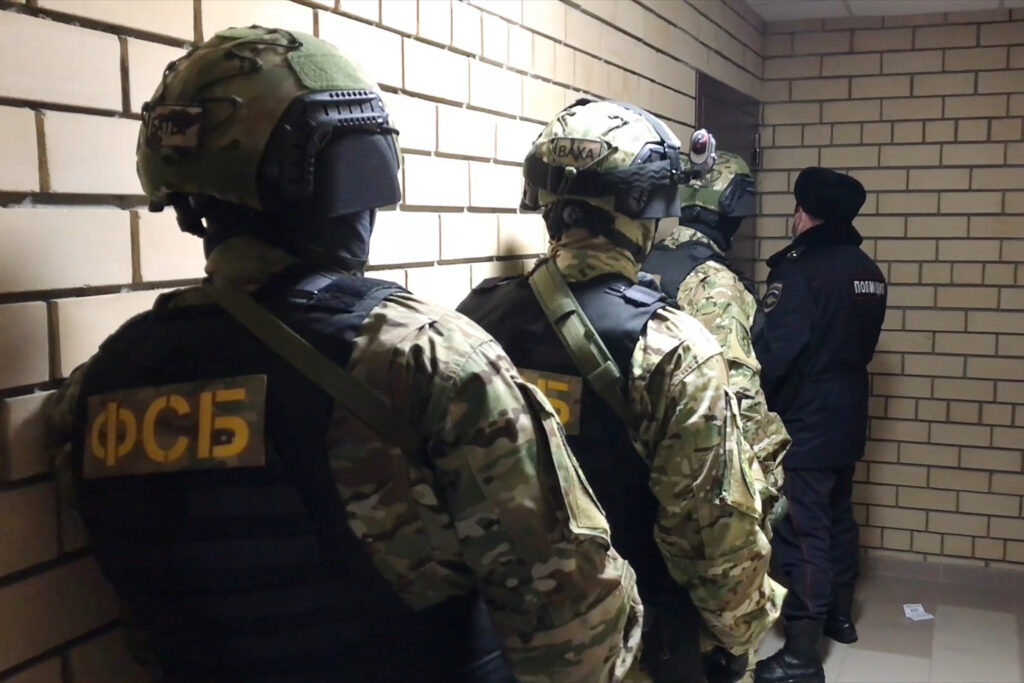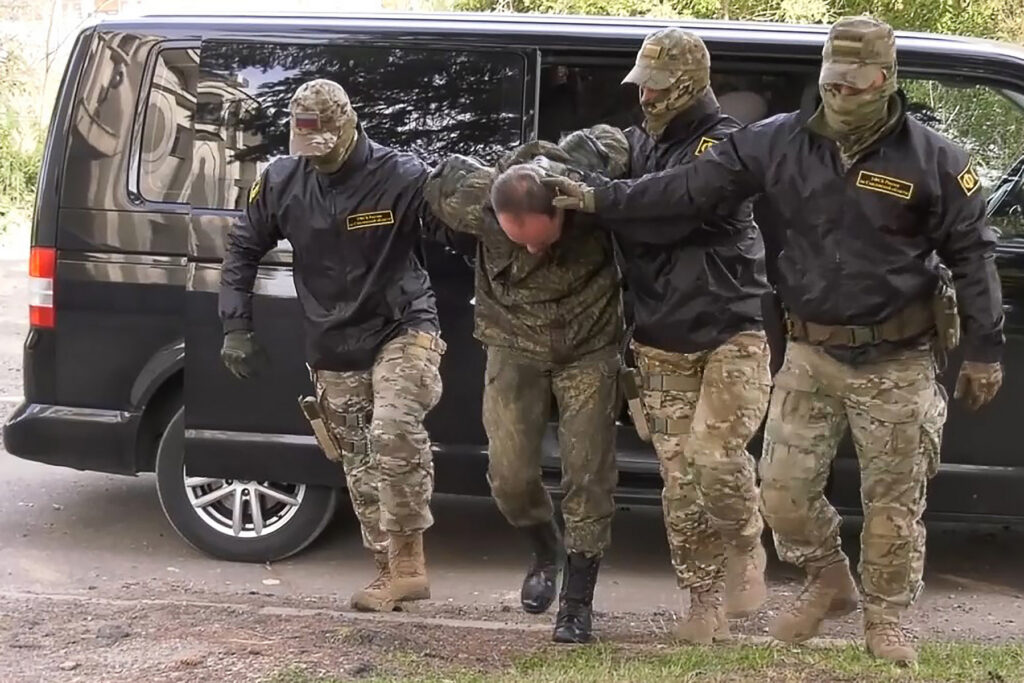In Russia, intelligence functions outside the country are performed by three special services (SVR, the General Directorate of the General Staff and the FSB). The failures of military intelligence agents in the UK and the Netherlands, the subsequent public disclosure of their identities, as well as the personal data about hundreds of their colleagues, appear to have become a disaster for the General Directorate (formerly known as the GRU).
The political effect of this disaster is exacerbated by the fact that it was this secret service that enjoyed the Kremlin’s support in 2014 in connection with the wars in Syria and Ukraine, as well as by the fact that Vladimir Putin personally undertook to cover its staff. What we are likely to face in the future is not a thoughtful analysis of the errors but, rather, a new round of spy-mania and subsequent attempts to make the country even more closed.
The reasons behind the collapse
The disclosure of the Russian military intelligence officers provoked numerous comments regarding their lack of professionalism. At first glance, the failed poisoning in Salisbury and the failure of a group of agents in the Netherlands do leave that kind of impression. This is especially true in the context of other recent failures, for example, the participation of the Fancy Bear hacker group connected with the GD in the interference in the 2016 U.S. presidential elections and the failed attempt to organise a coup in Montenegro in the autumn of 2016. However, if we look at the published results of official and journalistic investigations, as well as the speeches of Russian leaders, the reality looks more complicated.
All the failing GD agents were experienced: aged about 40 years or older, with high officer ranks, having been awarded the Hero of Russia orders (Boshirov-Chepiga and Petrov-Mishkin), and having made numerous previous trips to Europe. This suggests they used familiar, well-established methods, and the operations themselves were carried out according to their supervisors’ instructions.
Even the disregard for CCTV cameras made sense. For example, thousands of hours of recordings from London and Salisbury can only be processed by dozens, if not hundreds, of people and only in the situation of a failure: something the GD had not considered. In addition, in the Salisbury case, the arrival of Julia Skripal to visit her father was clearly unexpected for the GD, for institutional reasons. The point is that, according to law, military intelligence does not conduct operational or search activities, which means it has no direct access to the air ticket database or border-crossing data.
As a result, the unsophisticated work carried out by the Russian military intelligence officers, which has been put up for public display, testifies to the fact that such lack of sophistication was sufficient in the past, at least in Europe. When there is no need to complicate methods and spend higher resources, no organisation will decide to do it.
Paradoxically, these failures themselves have hardly caused much technical damage to Russian military intelligence. After all, damage is measured by the value of the information that the failed agents were extracting, and the importance of operations they carried out. The objective value of the killings of former employees or other Russians, the value of illegal access to the OPCW or WADA materials, and even the investigation of the MH17 flight is close to zero. The Kremlin is not receiving any additional opportunities from this and does not improve its foreign policy position, either.
All this routine and lack of sophistication (or even uselessness) in the foreign operations performed by groups of military intelligence colonels means that the GD of the General Staff has a surplus of people to perform the tasks that really enhance Russia’s defence capabilities.
Motivations of the Russian government
One might ask why the Kremlin sanctions such military intelligence activities which will not bring any long-term benefit even if successful, but which will lead to tangible negative consequences in the event of failure. If we look for rational reasons in this behaviour, they can be found inside the Russian political system itself.
The leaders of the Russian agencies, especially the special forces, are required to demonstrate their loyalty on a constant basis. When the system encounters its own error which it cannot correct (e.g. sending the Buk complex to Donbass, where it knocks down a passenger plane, or revealing a state doping programme), a question arises of how to share the responsibility for failure. Confirmation of loyalty enables the special services to maintain their integrity in line with the ‘we are all in the same boat’ principle.
Clearly, verbal declarations are not enough. So loyalty must be confirmed by political action. The seemingly senseless hacking of computer networks, the organisation of ridiculous conspiracies and murders of non-dangerous apostates play precisely this role: they serve as a political action that demonstrates loyalty. This is particularly important in a situation of “bureaucratic competition” between departments, when, in the name of their own or departmental interests, they begin to imitate active work.
Killings support the stability of the relations within the Russian ruling class, and emphasise the rules which should not be abandoned. By the way, the same function is performed by absurd deaths, as in the case of Mikhail Lesin. The absurdity gives rise to rumours, which also help to preserve loyalty.
All of this generally explains why the Kremlin takes a rather soft stance on the much-hyped failures of its special services. Loyalty has been demonstrated, which is the single most important thing.
The consequences
The previous failures of military intelligence did not really lead to serious personnel and structural changes, since in the eyes of the Russian leadership the mistakes were compensated by the results in Syria, Ukraine and other countries. However, the recent failures of the GD caused serious internal and external damage to the Russian authorities and are unlikely to remain without consequences.
At the same time, without at least restoring the legal capacity of the formal institutions of the Russian political system, not to mention a full-fledged separation of powers, it is hardly possible to change the organisation of a separate military intelligence agency. Notably, towards the end of the Soviet era the military intelligence attempted to falsify the information received in order to protect its own interests. And yet, apart from the possible resignation of Colonel-General Igor Korobov, the current head of the GD, in the coming months, there are still a number of the most likely options.
For instance, one cannot exclude a new round of spy-mania and the fight against independent Russian journalists and foreign media correspondents in Russia. Attempts to achieve sudden and unnecessary openness will be met by the Kremlin with attempts to enhance closure. As for the regularly “leaking” police databases, the responsibility for unauthorised access to these databases might be increased. However, one should understand that the main consumers of the leaking information include Russian banks, insurance companies, as well as the security services of large corporations. These databases are used to check on customers and employees. Most likely, the existing databases will be extended with information about thousands of intelligence officers in separate sections, with access unavailable to ordinary police officers and rank-and-file members of other authorities.
In today’s unfavourable situation, military intelligence must demonstrate its success to the political leaders. What is needed is a quick, though not necessarily public result (or at least some visibility) with a minimal risk of another shameful failure. Besides the GD’s activity in Ukraine, in the Middle East or in Africa, we might expect a reinforcement of subversive training in Europe. First of all, this would involve some efforts to identify vulnerabilities in critical infrastructure and military bases of European members of NATO.
The GD’s return to its traditional specialisation is also advisable for the Kremlin, leading to fewer scandals and fewer new reasons for sanctions. At the same time, GD will have to continue to contribute to the strengthening of the existing power structure in Russia. Only one itinerary is possible here: the military intelligence will try to strengthen its participation in constructing the image of the West as an external enemy one must be ready to cross swords with. Any failures in this domain can be presented as a result of the lack of resources, technology or even prerogatives. Moreover, a campaign to “whitewash” the image of military intelligence officers is likely to be launched in the Russian media.
At the same time, the speculations about the “war of special services” allegedly going on in Russia should be considered unfounded. In fact, all the special services are subordinate to the head of state, with the Security Council, consisting of trusted representatives of Vladimir Putin, coordinating their work. Any independent attempts to exacerbate interdepartmental competition, especially in unfavourable external conditions, will be perceived as disloyalty and an attempt to undermine the entire system. The “we are all in the same boat” rule applies here as well. The fact that the head of the SVR, Sergey Naryshkin, indirectly called the failed GD employees non-professional only means that one can very conveniently present one’s own achievements amid the failures of various colleagues.
All in all, the main conclusion for the Kremlin from all the recent stories will be a final loss of interest in complying with international rules of the game. The current Russian government simply cannot understand why the West is giving it public political bills for military intelligence officers. After all, China can simply arrest the president of Interpol without any warning. And Saudi Arabia can actually kidnap the Lebanese Prime Minister and allegedly kill a journalist in the Saudi consulate in Turkey. This is exactly how Moscow understands the value of sovereignty. Therefore, the actions that the British, the Dutch and the Americans have taken and will take in response to the GD’s activities will become additional arguments for the Kremlin against the restrictions that Russia previously adhered to and even enshrined in its constitution.










